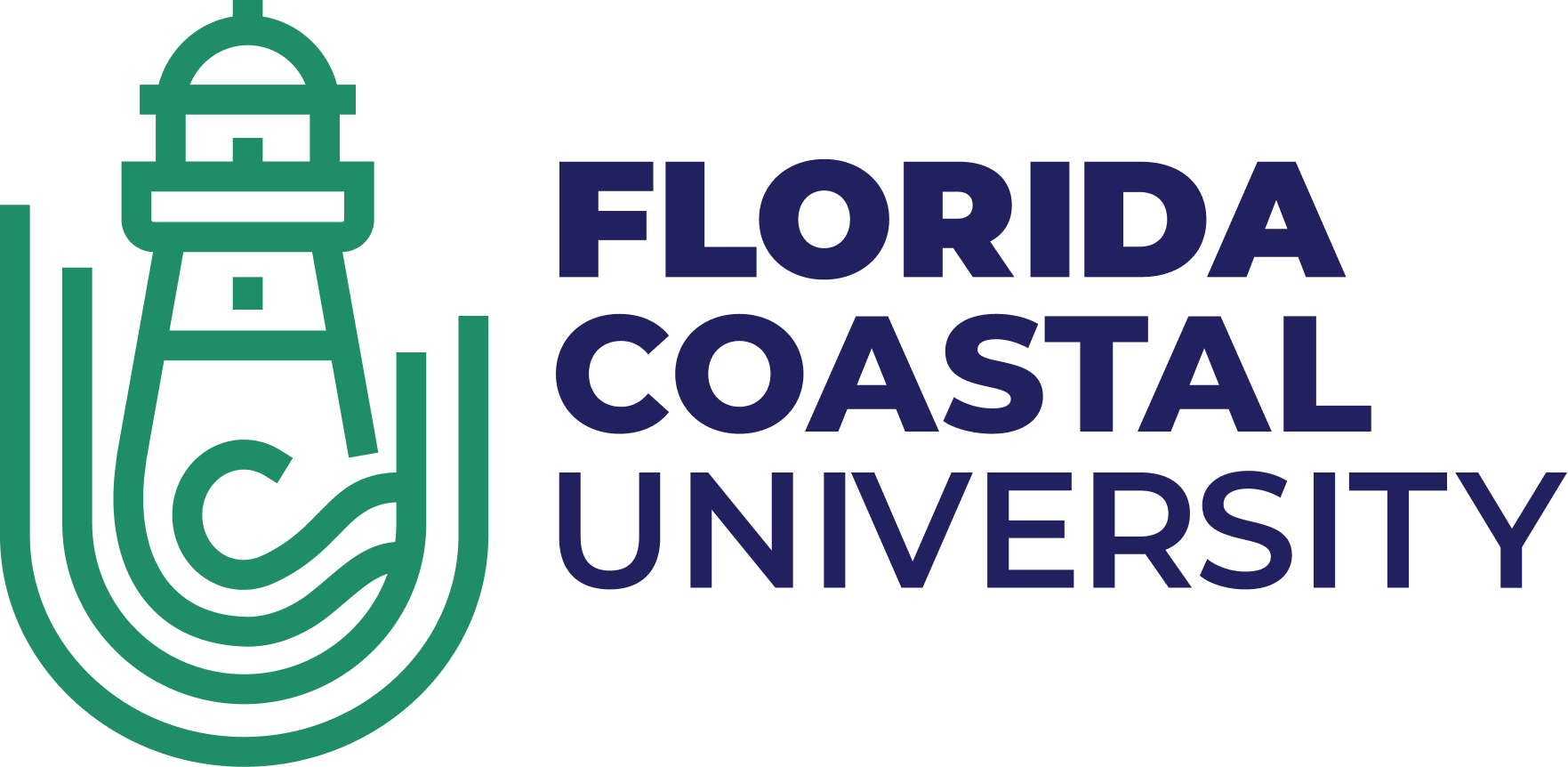Learner Code Of Conduct
Upon enrollment at Florida Coastal University University, each learner agrees to comply with its institutional policies and regulations. Learners are expected to maintain high standards of conduct responsibility fostering civility and promoting the safety of the community
Standards of Learner Conduct
Florida Coastal University has denied standards of conduct to make sure that the exercise of one’s rights does not trespass the rights of others or the community. Are duties of the learner: the consistent attendance to class, the respectful interaction with learner colleagues, and university staff, and fulfillment of assignments and projects.
The behaviors listed below will not be tolerated:
1. Unauthorized use of any institutional resources, or properties including the institution name, logo, or seal.
2. Commercial usage of course material. Selling, preparing,copying, or distributing for any commercial purpose course lecture notes, video or audio recordings unless authorized by the institution in advance in writing.
3. Copyright Violation. Federal copyright law restricts the use and/or distribution of copyrighted video and audio recordings without appropriate licenses.
4. Unapproved work publication. To openly publish work completed at or for Florida Coastal University from the end of the learner’s final term of study.
5. False or Misleading Information. Providing false, misleading, or else deceitful information to Florida Coastal University or concerning it to others.
6. Contracting on Behalf of Florida Coastal University. Any attempt to enter a contract on behalf of the University without appropriate approval.
7. Disruptive Conduct. Obstruction or disturbance of teaching, research, administration, disciplinary procedures, or other University events.
8. Bribery. Giving, offering, promising, requesting, accepting any financial or other benet with an intention to affect the execution of any act or omission.
9. Disorderly Conduct. Disrespecting instructors or learner verbally or by writing. Disrespect through insubordination (deference of authority or denial to obey class rules).
10. Unsuitable attire. Failure to wear suitable clothing which complies with decent dress standards. Learner and/or guests may be required to leave University property or University sponsored events for failure to comply with this regulation.

11. Stalking/cyberstalking behavior. Constantly engaging in conduct directed at another person causing a credible threat with the intent to place that person in reasonable fear for his or her safety, or the safety of his or her family.
12. Sexual harassment: unwanted sexual advances, requests for sexual favors, or any other conduct of a sexual nature that is unwanted and creates a hostile or intimidating learning environment. In the event of reports of any such conduct the institution will carry out the required investigation and respond with the necessary measures including disciplinary action up to and including termination or expulsion.
Academic Misconduct
Adherence to acceptable standards of academic honesty is an essential aspect of the educational process. Learners must guarantee that all coursework, such as exams, assignments and other, personal and original work is done in accordance with adequate academic practices. Learner who commit acts of academic dishonesty, also known as cheating, will be subject to disciplinary action. Cheating includes, but is not limited to, the following:
1. Taking a test or examination for another learner or having a learner take a test or examination on one’s behalf.
2. Obtaining answers to test/examination questions through unauthorized materials, unauthorized information or from another learner.
3. Submitting the same work previously presented for grading in another course without the professor’s knowledge and/or permission.
4. Obtaining a test/examination, in whole or in part, in advance of its administration, without the professor’s permission.
5. Altering grades or answers on an assignment to regrade.
6. Forging a signature or altering an assessment or report.
7. Failing to follow the instructions of the professor or proctor concerning test-taking practices.
Policy and Penalties for Academic Misconduct
Depending on the nature and extent of the act of the fault, disciplinary actions can be imposed. These include, but are not limited to, the following:
1. Failing grade given for the test/examination with no opportunity to re-write it. This may cause them to fail the course. This penalty will be imposed following consultation with the program coordinator.
2. Requirement that the learner completes a coach session on ethics for Academic Integrity.
3. Immediate suspension from the program for a period of not less than the end of the current term in which the learner is registered. This penalty will result in automatic failing grades in all courses the learner is registered for, and no fees will be refunded for that term. This penalty will only be imposed with approval of the Academic Dean of Florida Coastal University.
4. Expulsion from Florida Coastal University resulting in a permanent notation on the learner’s record. This penalty will result in automatic failing grades in all courses the learner is registered for, and no fees will be refunded for that term. Infringement of local, state, or federal laws while enrolled in the University may result in immediate dismissal of the learner responsible. Learners expelled from Florida Coastal University will not be allowed to re-apply.
5. A track record of any disciplinary action taken because of an act of academic dishonesty will be kept on the learner’s leg in the Registrar’s Office. Records will be held intact for five (5) years following the student’s last academic activity.

